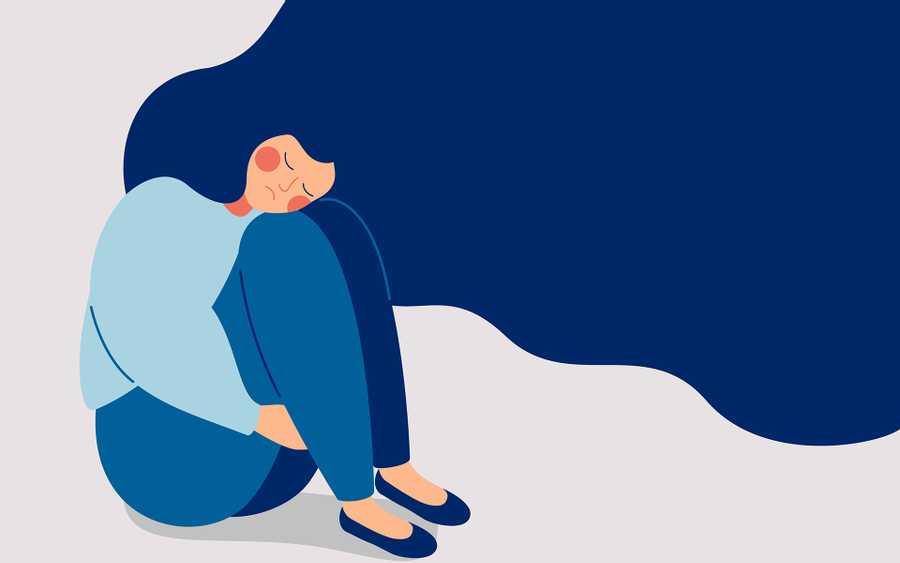Final Thoughts: Things To Ask Yourself
- How would you apply the THINK guidelines to your personal and work life?
- What part stands out and defines your existing behaviour?
- Can you practice speaking a bit slowly and then observe how the other person is responding?
- Do you generally talk about positive stuff or negative aspects of life?
198
574 reads
CURATED FROM
IDEAS CURATED BY
The idea is part of this collection:
Learn more about communication with this collection
How to make good decisions
How to manage work stress
How to manage email effectively
Related collections
Similar ideas to Final Thoughts: Things To Ask Yourself
Answers To Common Interview Questions
- Can you tell me a little bit about yourself? Don’t tell your life story; answer clearly and concisely. Focus on professional accomplishments.
- Why should we hire you over the other applicants? Say, “I don’t know the skill of others, but I do my own,” then highlight your strengths and ...
Read & Learn
20x Faster
without
deepstash
with
deepstash
with
deepstash
Personalized microlearning
—
100+ Learning Journeys
—
Access to 200,000+ ideas
—
Access to the mobile app
—
Unlimited idea saving
—
—
Unlimited history
—
—
Unlimited listening to ideas
—
—
Downloading & offline access
—
—
Supercharge your mind with one idea per day
Enter your email and spend 1 minute every day to learn something new.
I agree to receive email updates

